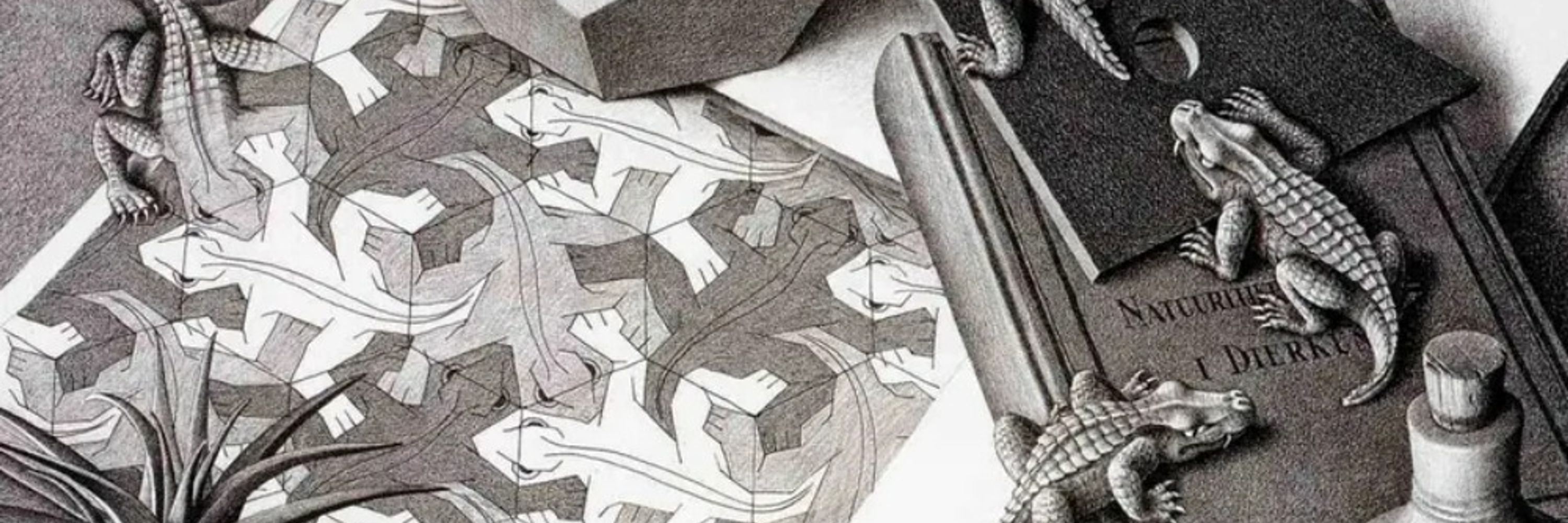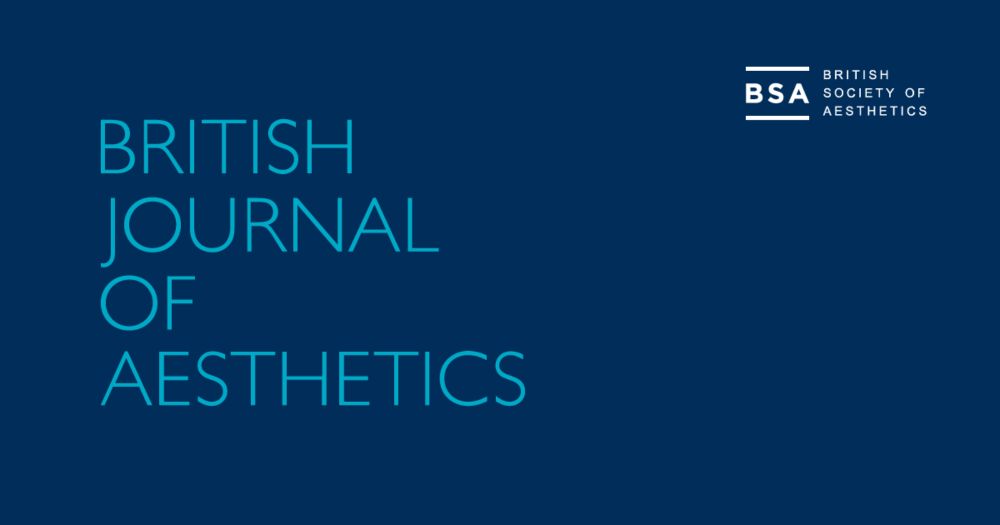


A big thank you to the authors 🙏
"A major theme in the evolution of the telencephalon has been the emergence of novel pathways...
1/2

A big thank you to the authors 🙏
"A major theme in the evolution of the telencephalon has been the emergence of novel pathways...
1/2
And many sincere thanks for all the contributions that have been made so far 🙏


In Deutsch: job-portal.lmu.de/jobposting/f...
In English: job-portal.lmu.de/jobposting/e...


#FishSci #mycology #archaeasky #plantscience #AcademicSky #SciSky #insects #entomology 🧪 (1/n)
#FishSci #mycology #archaeasky #plantscience #AcademicSky #SciSky #insects #entomology 🧪 (1/n)


Workshop on 'ENTITY REALISM BEYOND MANIPULATION' (June 16 - 17, 2025) at the University of Bern (CH).
We are very much looking forward to welcoming Nora M. Boyd and @msuarez.bsky.social as keynote speakers and invite further contributions!
#philsci
philevents.org/event/show/1...


#philsci #histsci
*Understanding Climate Change: A Multifaceted Inquiry*
link.springer.com/collections/...
Submission deadline: 01 March 2026
#philsci #climatechange
*Understanding Climate Change: A Multifaceted Inquiry*
link.springer.com/collections/...
Submission deadline: 01 March 2026
#philsci #climatechange
#jobfairy #hiring #recruitment #jobopening #PostdocJobs #ResearchJobs #Philosophy

#jobfairy #hiring #recruitment #jobopening #PostdocJobs #ResearchJobs #Philosophy
We aim to bring together academics & practicioners to consider the challenges & opportunities associated with tackling speciesism and anthropocentrism in Higher Education philevents.org/event/show/1... #philsky

We aim to bring together academics & practicioners to consider the challenges & opportunities associated with tackling speciesism and anthropocentrism in Higher Education philevents.org/event/show/1... #philsky
doi.org/10.3998/mpub...

doi.org/10.3998/mpub...
Using multitaxa trait-based data, we introduce new indicators that capture ecosystem resilience and the critical role of functionally unique species for sustaining ecosystem functioning.
besjournals.onlinelibrary.wiley.com/doi/10.1111/...

Using multitaxa trait-based data, we introduce new indicators that capture ecosystem resilience and the critical role of functionally unique species for sustaining ecosystem functioning.
besjournals.onlinelibrary.wiley.com/doi/10.1111/...
Symposia ✨ 15 January 2026
Papers ✨ 15 March 2026
Posters ✨ 1 June 2026
psa26.oa-event.com/c...



www.cambridge.org/core/element...

www.cambridge.org/core/element...
jobs.wisc.edu/jobs/visitin...

jobs.wisc.edu/jobs/visitin...

